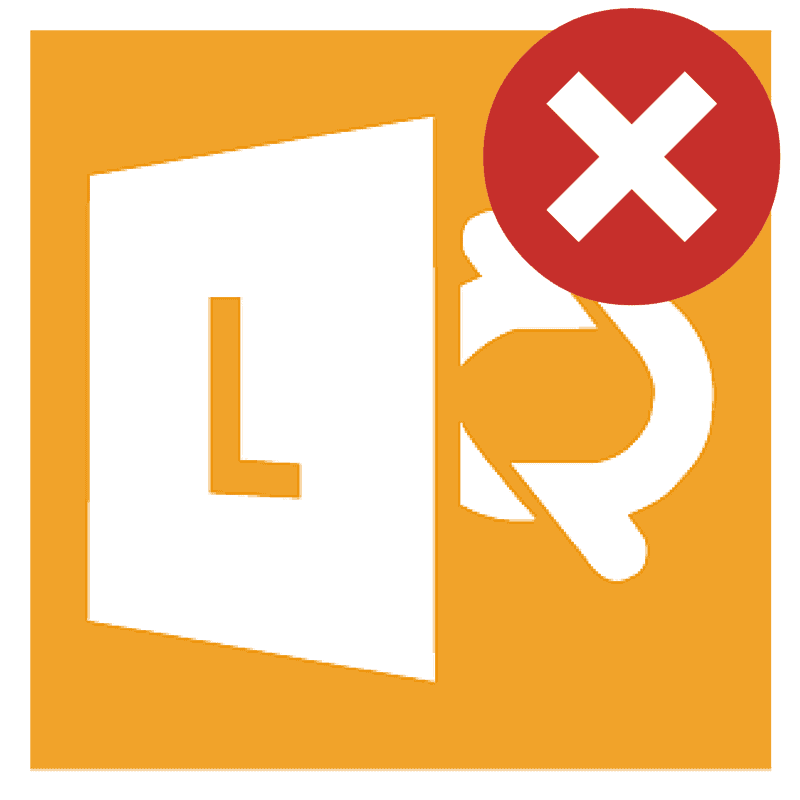How To Troubleshoot Lync For Mac
This article is a collection of useful resources to help you in troubleshooting Skype for Business (Lync). SfB/Lync Log File Locations Windows Client Logs SfB 2016:%userprofile% AppData Local Microsoft Office 16.0 Lync Tracing Lync 2013/SfB 2015:%userprofile% AppData Local Microsoft Office 15.0 Lync Tracing Lync 2010:%userprofile% tracing Log File: Lync-UccApi-#.UccApilog Web App Logs Add?sl=1&log=full to the end of your meet url to enable detailed logging e.g. Log location:%userprofile% AppData Local Microsoft LWAPlugin Tracing and look for a file name Log file name: LWAJSPersistent#.log Lync Server Logs Lync 2010/2013 tracing – C: WindowsTracing Lync Windows Client Cache Its often a useful troubleshooting step to delete the Lync client side cache, in particular when dealing with address book issues. You can find the client cache folders as follows.
Its safe to delete the entire sip@ folder. Note that to do this you will need to exit the Lync client.
SfB 2016%AppData% Local Microsoft Office 16.0 Lync Lync 2013/SfB 2015%AppData% Local Microsoft Office 15.0 Lync Lync 2010%AppData% Local Microsoft Office 12.0 Lync Address Book Cache Deleting Address Book Server Side Cache Its often a useful troubleshooting step to delete the address book server side cache when dealing with address book issues. This step would be used if deleting the users client cache hasn’t helped. After deleting the server side cache, it would be advisable to delete the users client cache, then re-test.
Navigate to -WebServices- ABFiles 000-0000-000000-0000-0000-0000000. Delete all files within this directory. Open Lync/SfB PowerShell. Optionally, run Update-CsUserDatabase – This synchronizes data between AD and Lync backend DB (rtcab). This step should not be necessary under normal circumstances and may take some time to complete. Look for Event Log 21010 – “Synchronization pass completed successfully. Address Book web service backend data partition” to confrm.
Run Update-CsAddressBook – This writes changes in backend DB to the address book files. Check the file share location to confirm files have been re-created Address Book URL’s Make sure that you can browse to the following URL’s. You should receive an authentication challenge.

Lync 2013 For Mac
Lyncdiscover URL Mobility MCX Service URL Web Apps Service URL – If the result is successful, you should see the XML content in your browser. Edge Replication Service Lync Troubleshooting Tools This is a collection of tools that I regularly use when troubleshooting a Lync client or server issue.

Not sure if this is related to the fix provided earlier. Been using Lync 14.0.7 for a little bit now and never had issues with it crashing. Today suddenly during a conference call I had it crash twice during the same conference call. I get the popup from Lync that it crashed and it would be sending the information to Microsoft, sadly enough I can not find anything in Console on what it might have crashed on. Major change is that now I was using VPN and a Logitech USB headset recognized as Jabra Pro 930.
How To Troubleshoot Lync For Mac 2011
But earlier this week I was using the same combination without issues. Anyone know where it might have stored the crash log? Hi Everyone We have a few users reporting this very reproducible error. We are currently testing the following fix applied via the terminal cd /Applications/Microsoft Lync.app/Contents/Frameworks && ln -s USBHIDWrapper.framework USBHidWrapper.framework So far it seems to be ok - creating the Symbolic Link The Problem is because it looks like MS have failed to take in to account that the newer Mac OSes are case sensitive. I tried the Terminal fix, and saw the symbolic link in the right spot. But it didn't solve my 14.0.7 crashes.
However I still had the 14.0.6 DMG file, and deleted the new and reinstalled the old one but THAT doesn't work either. MBP 15' retina (1st gen) running latest. I don't know about reverting to 14.0.6. I had been using 14.0.2 for quite a while. After Mavericks update, it started randomly (but frequently) crashing - mostly when sharing desktops. I updated to 14.0.6 (as that is the only version my IT dept.
Lync For Mac Download
Provided me) and it did not resolve the crashes at all. They have the exact same characterization as with 14.0.2. Now for most meetings I have to switch back to my Windows machine. Which is fine. If I don't have something on my Mac I need to show to someone else:(.





